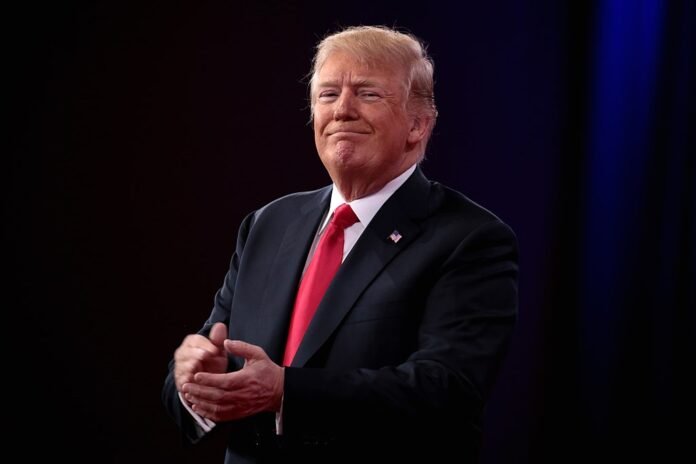The Supreme Court will soon decide whether Trump can remove a key watchdog leader, challenging long-standing precedents
The battle over presidential power to fire key government officials has reached the Supreme Court, as the Trump administration seeks to overturn a legal precedent that limits a president’s authority over independent agency leaders. The case revolves around Hampton Dellinger, the head of the Office of Special Counsel, who has been fighting to retain his position after President Trump moved to dismiss him.
Dellinger, appointed to a five-year term by the Senate in 2024, was abruptly fired on February 7, without a stated reason, through a single-line email. The Office of Special Counsel plays a critical role in safeguarding government whistleblowers and enforcing ethics laws. Under the law, Dellinger could only be removed for specific reasons—inefficiency, neglect of duty, or malfeasance in office—a statute designed to protect the independence of the office.
The Trump administration, however, argues that such limitations infringe on the president’s constitutional powers, asserting that no court should dictate how long a president must retain an agency leader. The administration filed an emergency application to the Supreme Court, asking the justices to vacate a ruling from Federal District Judge Amy Berman Jackson, who had temporarily reinstated Dellinger, giving him a two-week reprieve to allow further legal proceedings.
Embed from Getty ImagesJudge Jackson’s ruling cited Congress’s intent to ensure the independence of the special counsel, stating that the president’s attempt to dismiss Dellinger went against the spirit of that legislation. The court ruling emphasized that such actions should not be susceptible to political interference.
On Saturday, the U.S. Court of Appeals for the D.C. Circuit rejected the administration’s emergency motion for a stay, leaving the matter for further review by the Supreme Court. A majority of the three-judge panel ruled the president’s application premature, saying that the legal questions should first be addressed by the district court. Judges Michelle Childs and Florence Pan, both appointees of President Joe Biden, were in favour of this approach.
However, Judge Gregory Katsas, a Trump appointee, dissented, stating that the president should be allowed to dismiss Dellinger immediately, arguing that longstanding precedent restricting presidential power to fire agency leaders is unconstitutional.
At the core of this legal battle lies a 1935 Supreme Court case, Humphrey’s Executor v. United States, which ruled that Congress could limit the president’s ability to remove commissioners of certain federal agencies. The case established that agency leaders could only be fired for specific reasons, designed to protect their independence from political pressures.
The Trump administration’s legal team, however, is challenging this precedent, arguing that it improperly limits executive power. The administration has also pointed to a 2020 Supreme Court ruling that struck down a similar provision protecting the director of the Consumer Financial Protection Bureau, signalling that the court may be willing to reconsider previous decisions that curtail presidential control over independent agencies.
In the 2020 case, the court ruled that the president could remove the CFPB director for any reason, arguing that a strong, energetic executive was essential for the presidency. This decision, written by Chief Justice John G. Roberts Jr., laid the groundwork for the current challenge to Dellinger’s dismissal.
As the Supreme Court prepares to review this high-stakes case, the future of presidential power over independent agencies hangs in the balance. A ruling in favour of the administration could significantly alter the balance of power between the executive branch and independent agencies, reshaping the way the federal government functions. The court’s conservative majority may be more inclined to favour the Trump administration’s position, further eroding the protections that have historically shielded such officials from political influence.
